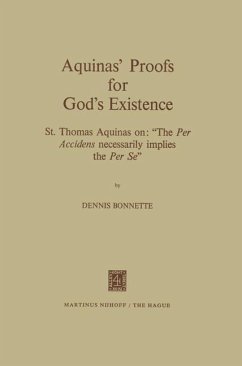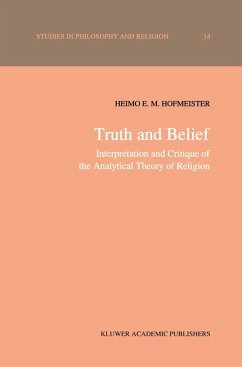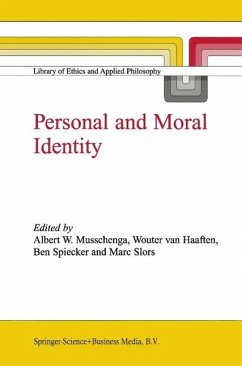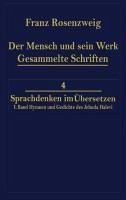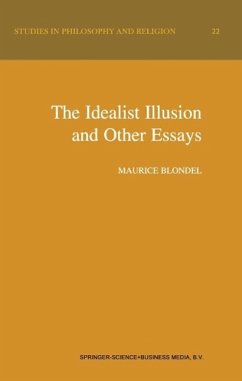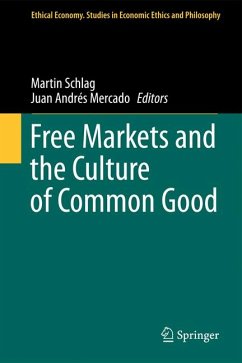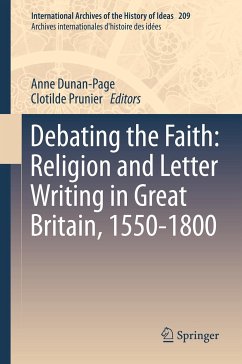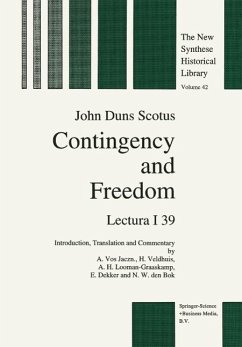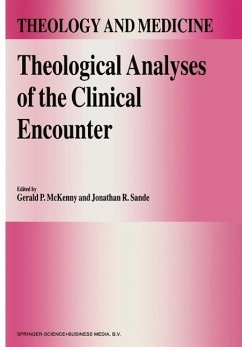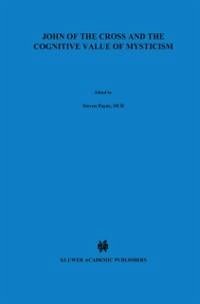
John of the Cross and the Cognitive Value of Mysticism (eBook, PDF)
An Analysis of Sanjuanist Teaching and its Philosophical Implications for Contemporary Discussions of Mystical Experience
Versandkostenfrei!
Sofort per Download lieferbar
112,95 €
inkl. MwSt.
Weitere Ausgaben:

PAYBACK Punkte
56 °P sammeln!
Among Anglo-American philosophers, interest in mysticism has typically been limited to the question of whether or not mystical and religious experi ences provide evidence for, or knowledge of, the existence and nature of God. Most authors conclude that they do not, because such experiences lack certain qualities needed in order to be counted as cognitive. In this study I examine some current philosophical opinions about mysticism and objec tions to its epistemic significance in the context of a detailed study of the writings of a single mystical author, the Spanish Carmelite Saint John of the ...
Among Anglo-American philosophers, interest in mysticism has typically been limited to the question of whether or not mystical and religious experi ences provide evidence for, or knowledge of, the existence and nature of God. Most authors conclude that they do not, because such experiences lack certain qualities needed in order to be counted as cognitive. In this study I examine some current philosophical opinions about mysticism and objec tions to its epistemic significance in the context of a detailed study of the writings of a single mystical author, the Spanish Carmelite Saint John of the Cross (1542-1591). I argue that from his works one can draw a coherent theory of what takes place in the Christian mystical life, and will indicate how acceptance of this theory might be defended as rational through a type of inference often referred to as the "Argument to the Best Explanation. " In this way I hope to show that mysticism still has a significant bearing on the justification of religious faith even if it cannot be used to "prove" the exis tence of God. The nature and advantages of my own somewhat unusual approach to mysticism can perhaps best be explained by contrasting it with the way other authors have dealt with the subject. One of the most striking develop ments in recent decades has been the growing fascination with mysticism, meditation, and the experiential aspects of religion.
Dieser Download kann aus rechtlichen Gründen nur mit Rechnungsadresse in A, B, BG, CY, CZ, D, DK, EW, E, FIN, F, GR, HR, H, IRL, I, LT, L, LR, M, NL, PL, P, R, S, SLO, SK ausgeliefert werden.



